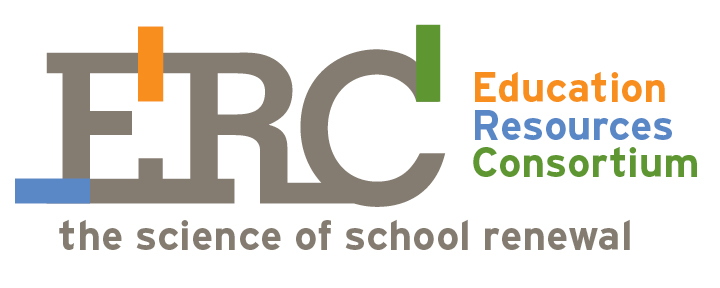By Wayne Ogden
Myth # 1: Confidential coaching is the responsibility of the Superintendent
REALITY: Most Superintendents do not have adequate time to effectively coach their new school leaders. Even if a Superintendent has time, there exists an inherent conflict in the roles of confidential coach and a boss who evaluates a new leader. Principals who are new to a district or new to the role need a dedicated, confidential coach from outside the organization who can be trusted to address a leader’s uncertainties, concerns and challenges in a new, intense and complicated environment.
Myth # 2: Our school district cannot afford to hire external coaches for our new school leaders
REALITY: A Rand Corporation study reports that 20% of newly hired school leaders leave their position within two years of employment, with urban districts reporting principal “failure rates” of almost 50% within the first five years. Numerous national studies link principal turnover as “very strongly negatively related to student achievement”. (Napthali, Hoff, 2014) In New England, a typical three-year contract for a new school leader with salary and benefits ranges from $300,000 to more than $500,000. A typical one-year contract for an external coach is roughly $10,000, a modest sum to insure the success of a new principal, especially given the cost of a new search process and the impact on to student achievement and school culture.
Myth # 3: My School Board/Committee will never understand or support the idea of spending money on coaches for our new principals.
Reality: Increasingly sophisticated Board members know that from Fortune 500 companies to politics, from professional sports to the fine and performing arts, highly successful leaders use coaches to help them excel at what they do. Seasoned decision-makers make these strategic investments because they understand that organizations with new leaders perform better with high-quality, dedicated coaching.
Myth # 4: We already mentor our new leaders with an experienced principal in our district.
REALITY: Although colleague principals are invaluable for sharing the customs, routines & traditions of a district, they have a full time job and, frequently, on-going crisis and dilemmas of their own. Research and experience have also shown that the effectiveness of these relationships wanes because these “mentors” in most cases do not have adequate training to be a “thought partner” for a new building leader, nor the time for reading, analysis, problem-solving and deliberation.
Myth # 5: No new principal has the time to be sitting down regularly for “therapy sessions” with a coach.
REALITY: High-quality coaching is not therapy nor does having a coach imply that a new principal has flaws or shortcomings. Good coaching provides customized opportunities for principals to think deeply about the many important decisions they must make. It allows time and opportunity for questioning and reflection. Furthermore, a skilled coach provides the opportunity for a new leader to process ideas as they develop and to obtain feedback from a trusted, expert confidant before an idea, initiative or piece of writing goes public. Time for the coaching relationship to prosper comes from time not wasted on mistakes and false starts.
Myth # 6: There is little that a coach who does not know our “system” can do to help a new school principal in our district.
REALITY: An external coach is a trained expert in both leadership and management. They are thought partners for new principals to help them reflect on the regular challenges of the job. While schools and districts may differ in some aspects, the critical requirements of the position are generally similar across all schools. Coaching can be customized to address a new leader’s needs by providing a menu of supports such as:
· Entry planning
· Co-observations of teachers
· Feedback on writing (evaluations, newsletters, correspondence)
· Learning walks, mini-observations or“rounds” visits
· Conferencing skills/Having difficult conversations
· Building leadership capacity for student achievement
· Strategic goal setting and budget development
· Facilitating opportunities for student voice
· Leading successful meetings and teams
· Community engagement strategies
